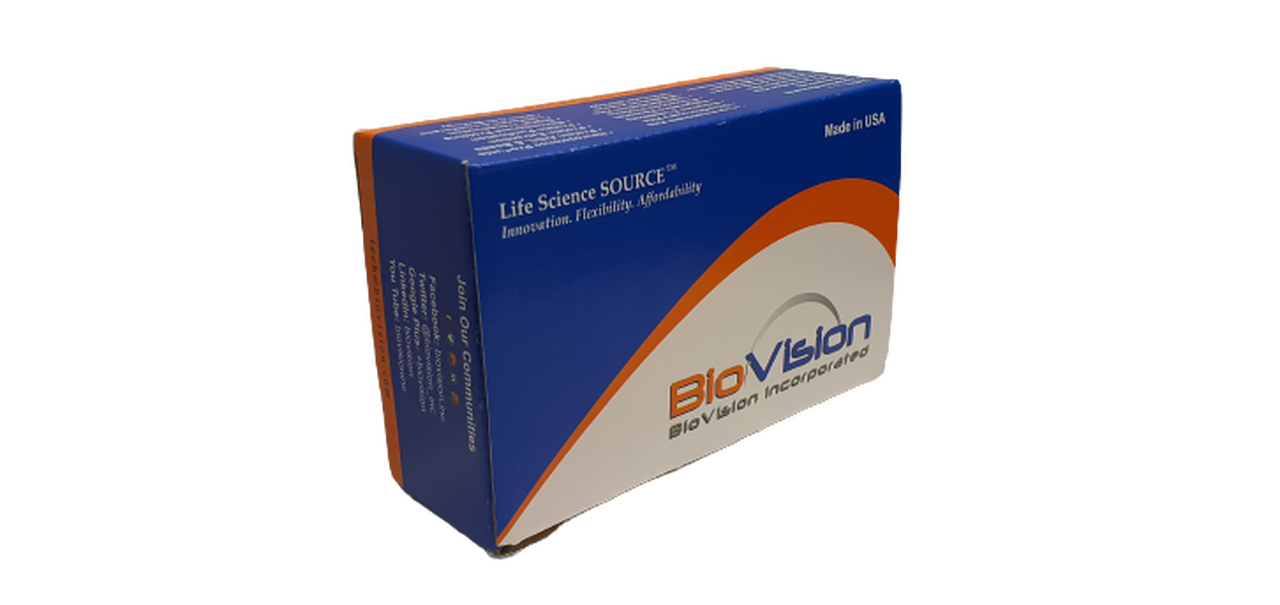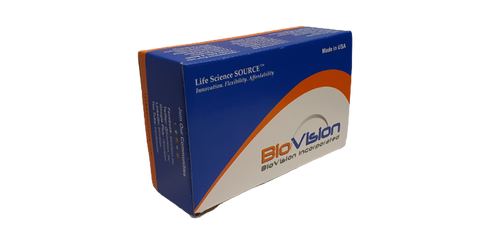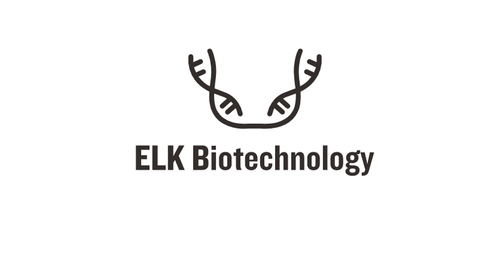Product Description
Biovision | E4785 | Peptide YY (Human) ELISA Kit DataSheet
Peptide YY (PYY) also known as peptide tyrosine is a peptide that in humans is encoded by the PYY gene.Peptide YY is a short peptide released from cells in the ileum and colon in response to feeding. In the blood, gut, and other elements of periphery, PYY acts to reduce appetite; similarly, when injected directly into the central nervous system, PYY is also anorexigenic, i.e., it reduces appetite. BioVision’s Peptide YY (Human) ELISA Kit is based on Sandwich-ELISA principle. The micro ELISA plate provided in this kit has been pre-coated with an antibody specific to Human Peptide YY. Standards or samples are added to the micro ELISA plate wells and combined with the specific antibody. Then a biotinylated detection antibody specific for Human Peptide YY and Avidin-Horseradish Peroxidase (HRP) conjugate are added successively to each micro plate well and incubated. Free components are washed away. The substrate solution is added to each well. Only those wells that contain Human Peptide YY, biotinylated detection antibody and Avidin-HRP conjugate will appear blue in color. The enzyme-substrate reaction is terminated by the addition of stop solution and the color turns yellow. The OD value is proportional to the concentration of Human Peptide YY. The concentration of Human Peptide YY in the samples can be calculated by comparing the OD of the samples to the standard curve.
Alternate Name : PYY, PYY-I, PYY1, peptide YY
Tag Line : A Sandwich ELISA kit for the quantitative measurement of Peptide YY in human serum, plasma and other biological samples.
Summary :
Detection Method : Absorbance (450 nm)
Sample Type : Plasma, Serum, Other biological fluids
Species Reactivity : Human
Applications : in vitro quantitative measurement of Peptide YY in human serum, plasma and other biological samples.
Features and Benefits : Detection Range: 31.25-2000 pg/ml, Sensitivity: 18.75 pg/ml, Precision: Coefficient of variation is < 10%., Specificity: This kit recognizes Human PYY in samples. No Significant cross-reactivity or interference between Human PYY and analogues was observed.
 Euro
Euro
 USD
USD
 British Pound
British Pound
 NULL
NULL












